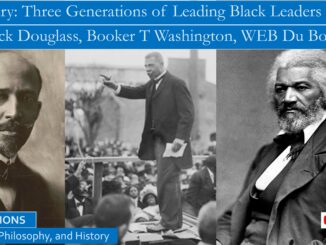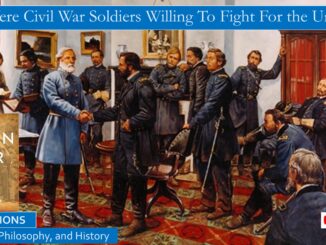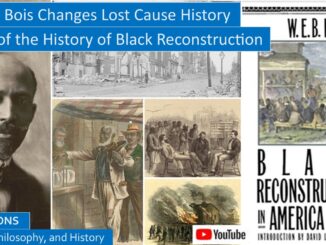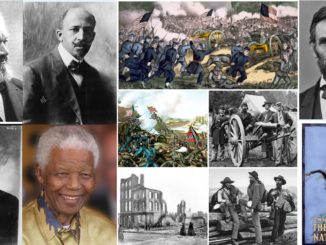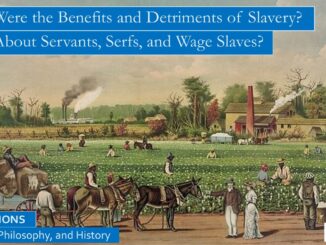
Benefits and Detriments of Slavery in the Deep South
There was one very real benefit of slavery to the enslaved in the Deep South. Before the Civil War, slaves were far less likely to be lynched or killed than were freed slaves after the war. The reason for this was simple: it is illegal to damage someone’s property, and slaves were extremely valuable. Slaves were the most valuable asset class in America before the Civil War. Before the Civil War, a slave was worth as much as an economy car is worth today. […]


